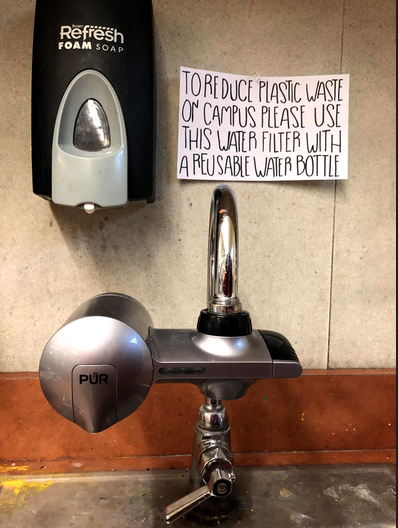2021, Seven Oaks Met School, Winnipeg, MB, Canada
When you think about sustainability do you think about the keyboard you use at your computer? Chasz from Seven Oaks Met School in Winnipeg, MB did! Chasz created custom-built mechanical keyboards that are longer lasting, more eco-friendly, and more sustainable than their cheaper plastic counterparts!
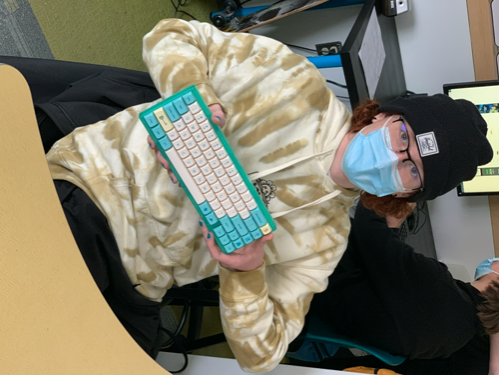
“With our new world where most of us are at home and may continue to work from home even after the pandemic, a lot of jobs require you to sit at your desk and type for long amounts of time. The keyboard you use can really affect your productivity. Cheaper keyboards do not last long and have a very unenjoyable typing experience. They are also hard to recycle from the consumer standpoint and from the actual recycling of the keyboard (Statista, 2020). Most people who build their keyboards themselves or have them made specifically to their liking have said that they experience better productivity and a better overall mood while typing or working. I think it’s important to keep the mental health of people with desk jobs a very high priority since nearly 40% of the Canadian workforce is working from home and an even bigger number for those working at a desk (Advisors Edge, 2020). This project is greatly affiliated with SDG goal #3 because like I said, I would like to preserve and improve the mental health of those working desk jobs.”
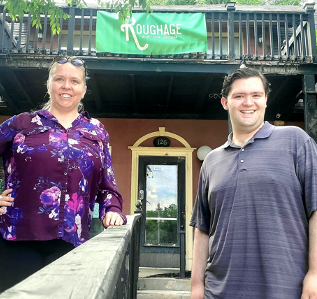
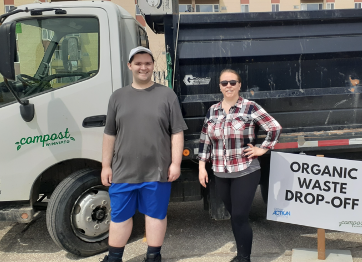




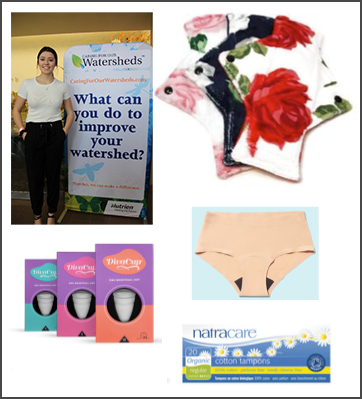
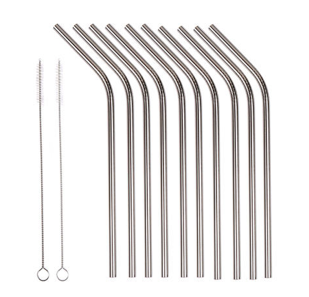
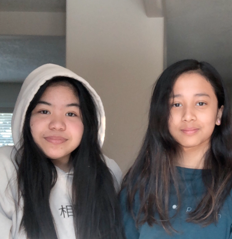
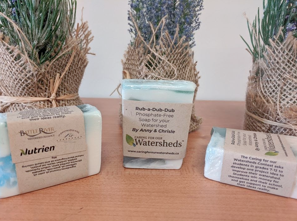
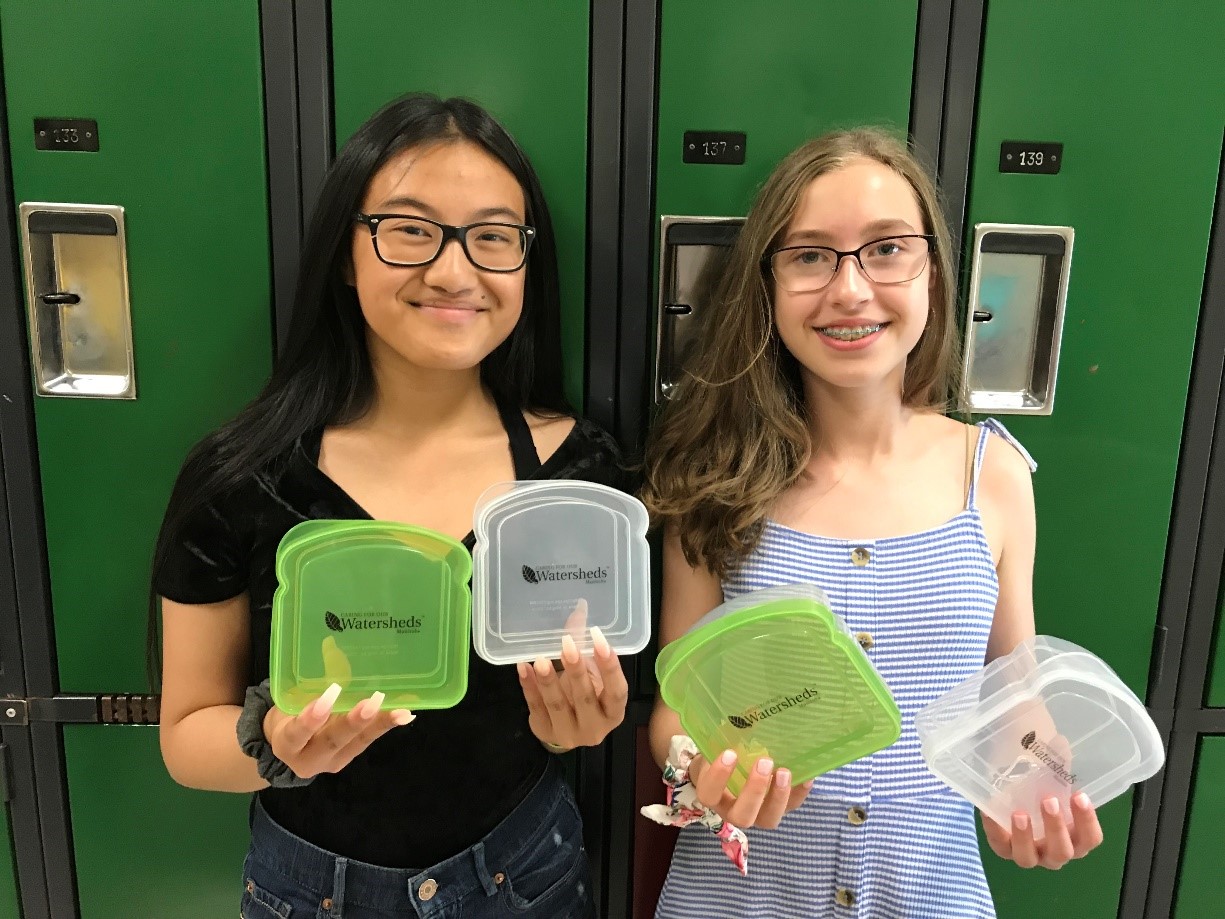 2019, Winnipeg, Manitoba, Canada
2019, Winnipeg, Manitoba, Canada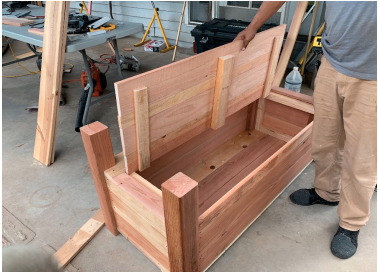
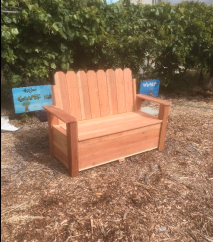
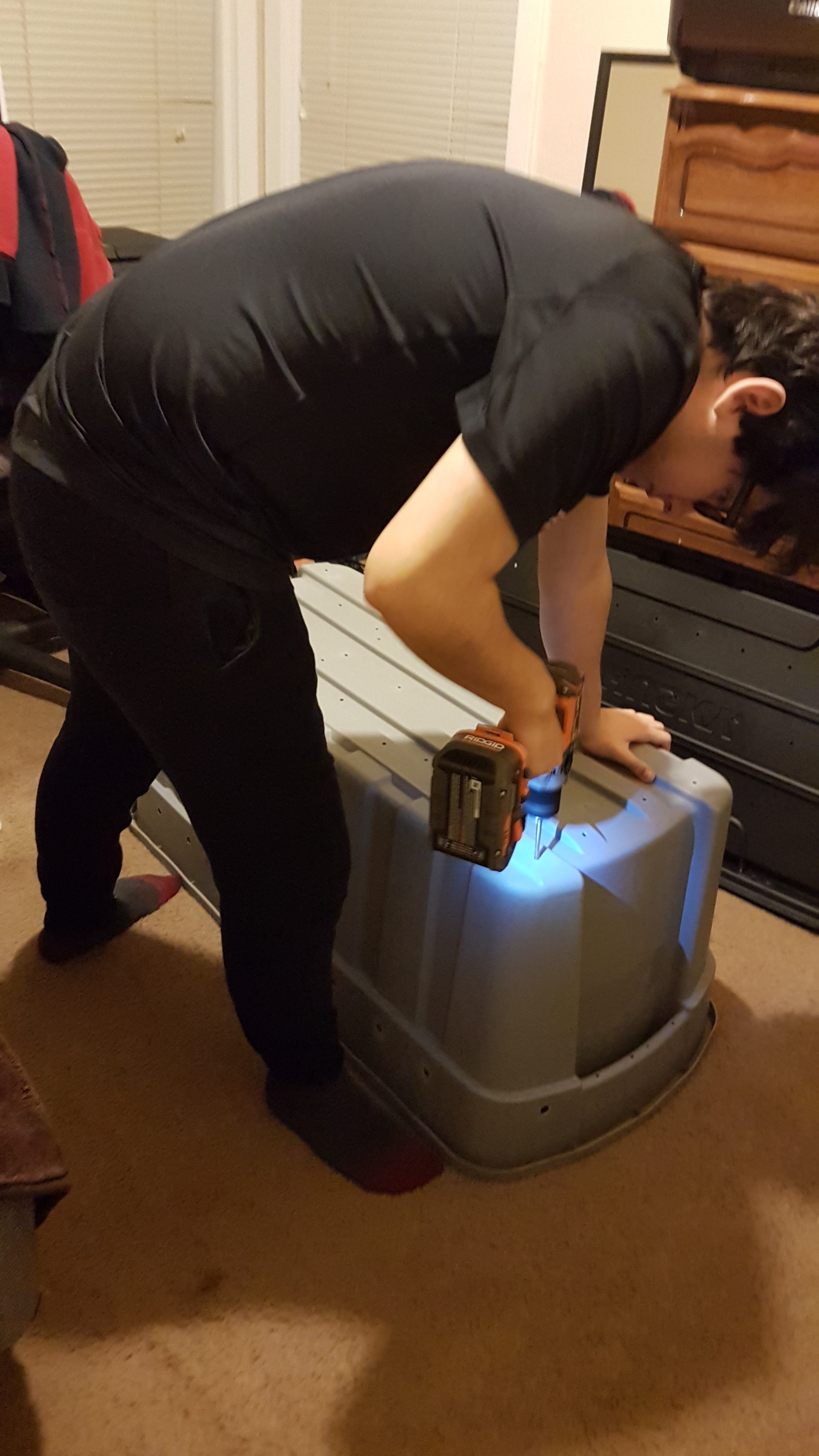 2019, Sacramento, California, USA
2019, Sacramento, California, USA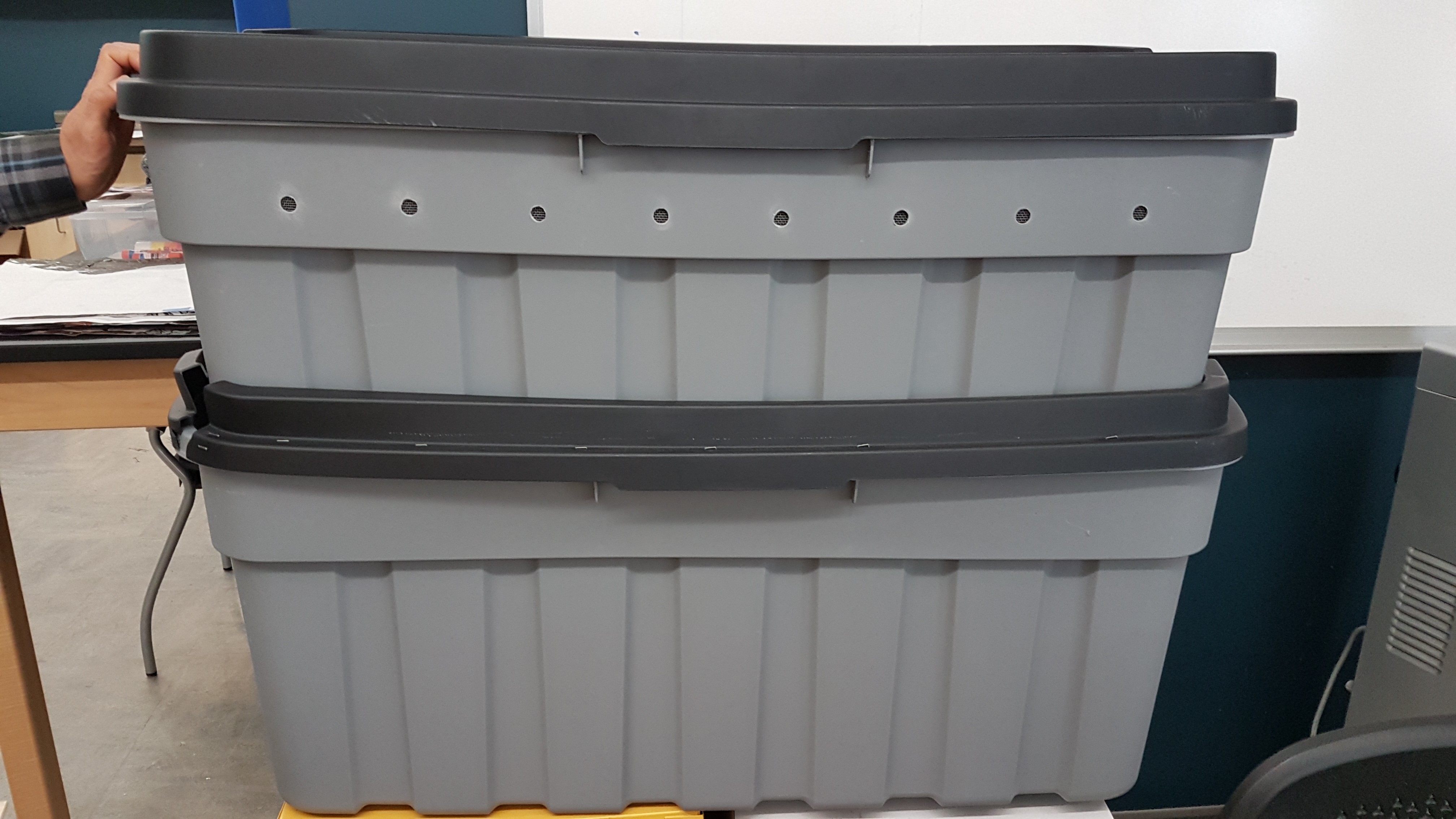
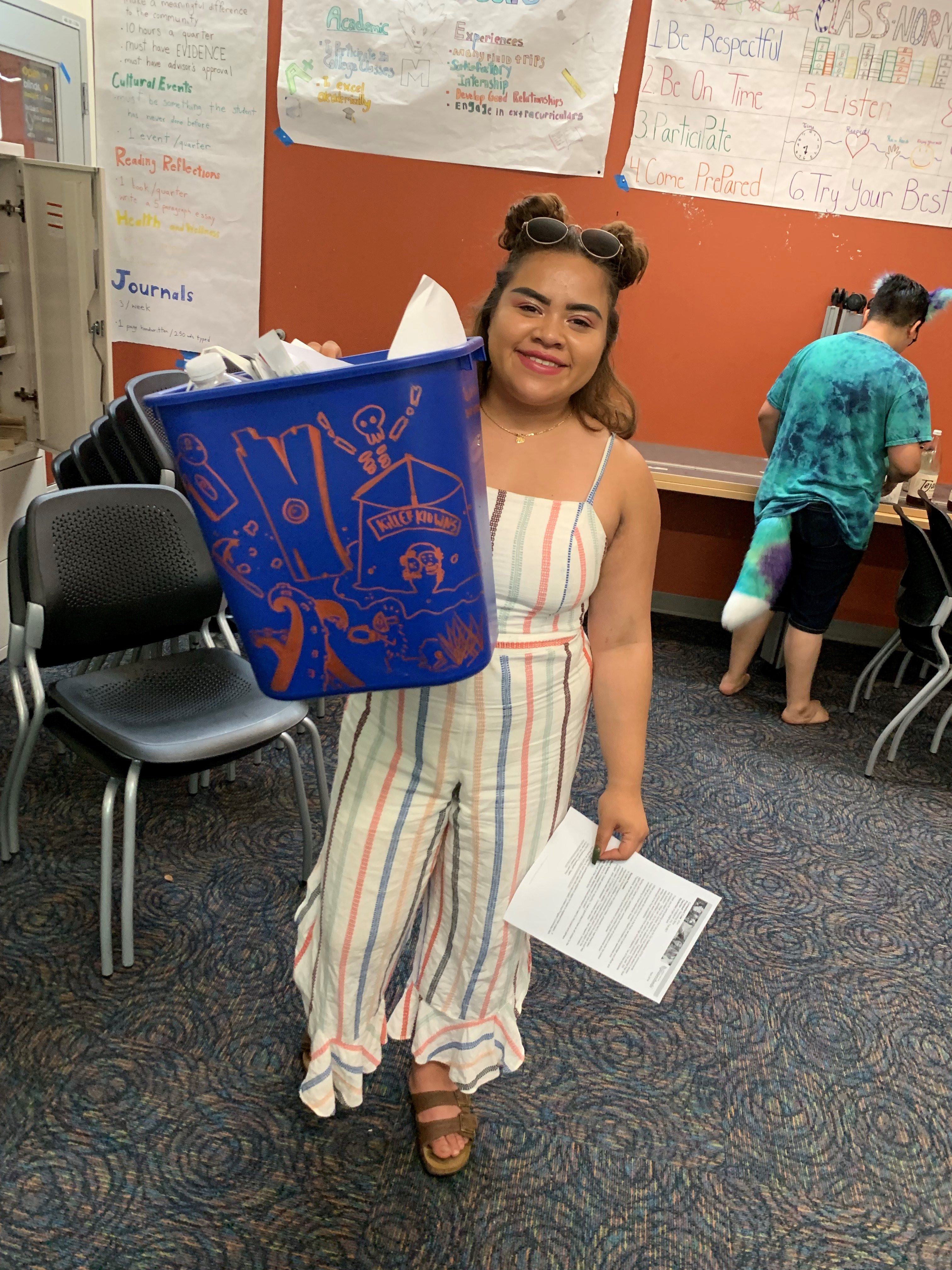 2019, Sacramento, California, USA
2019, Sacramento, California, USA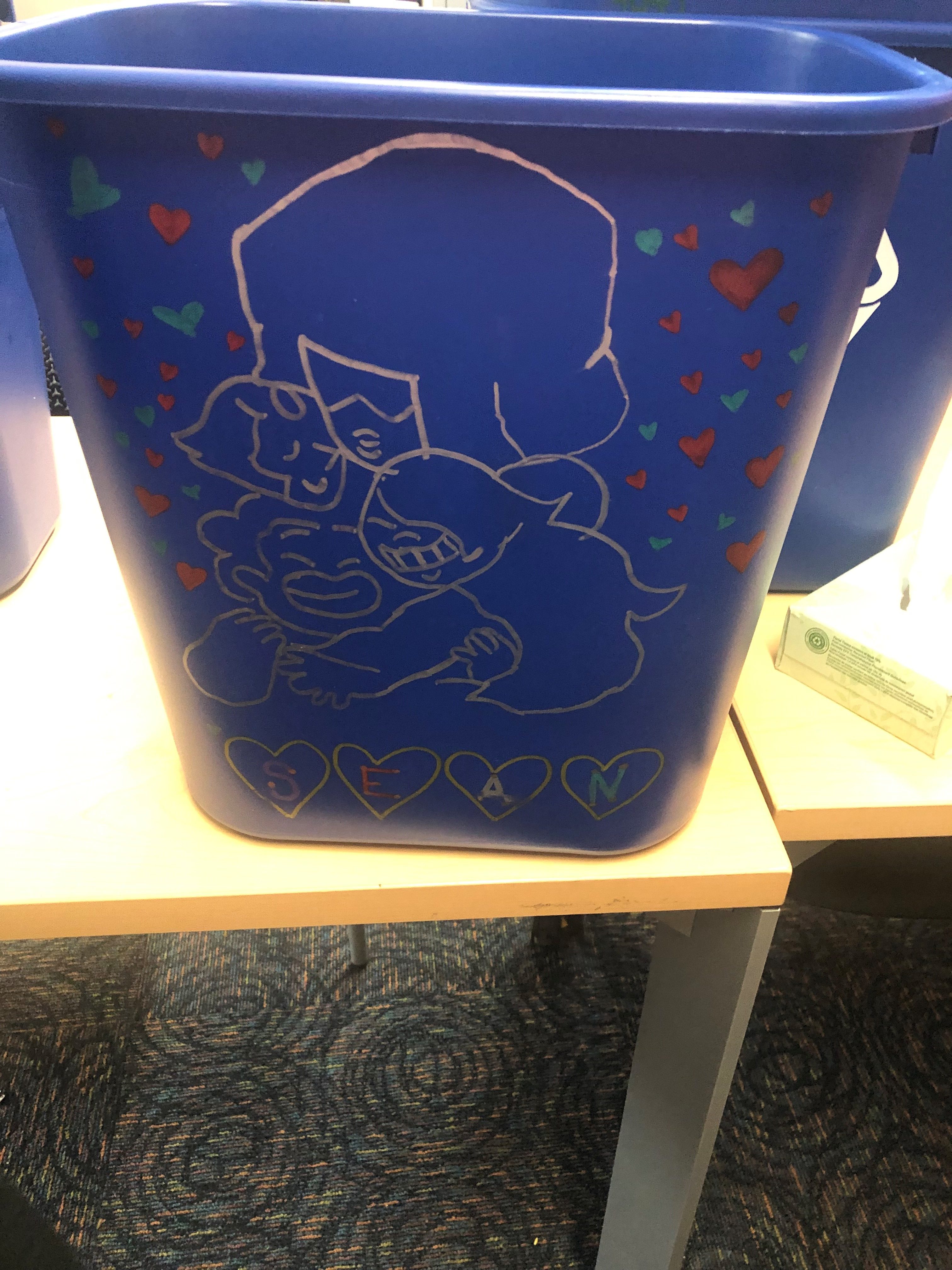 Angel first purchased blue recycling bins for each advisory classroom. Knowing that just placing the bin in class would not necessarily increase awareness and improve recycling habits, Angel decided to engage students with an art contest. Students from each advisory would decorate bins using colored sharpie pens and the winning advisory would get a pizza party. Her contest would bring awareness to the new bins and Angel could encourage use through reminding students what they could and should recycle. Angel also plans on collecting money for the recyclable items at a recycling center, which would supplement advisory budgets for special student events.
Angel first purchased blue recycling bins for each advisory classroom. Knowing that just placing the bin in class would not necessarily increase awareness and improve recycling habits, Angel decided to engage students with an art contest. Students from each advisory would decorate bins using colored sharpie pens and the winning advisory would get a pizza party. Her contest would bring awareness to the new bins and Angel could encourage use through reminding students what they could and should recycle. Angel also plans on collecting money for the recyclable items at a recycling center, which would supplement advisory budgets for special student events.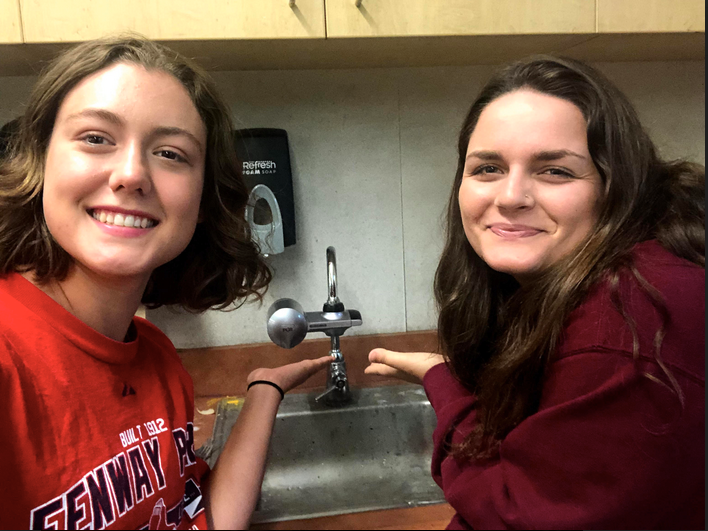 2019, Sacramento, California, USA
2019, Sacramento, California, USA